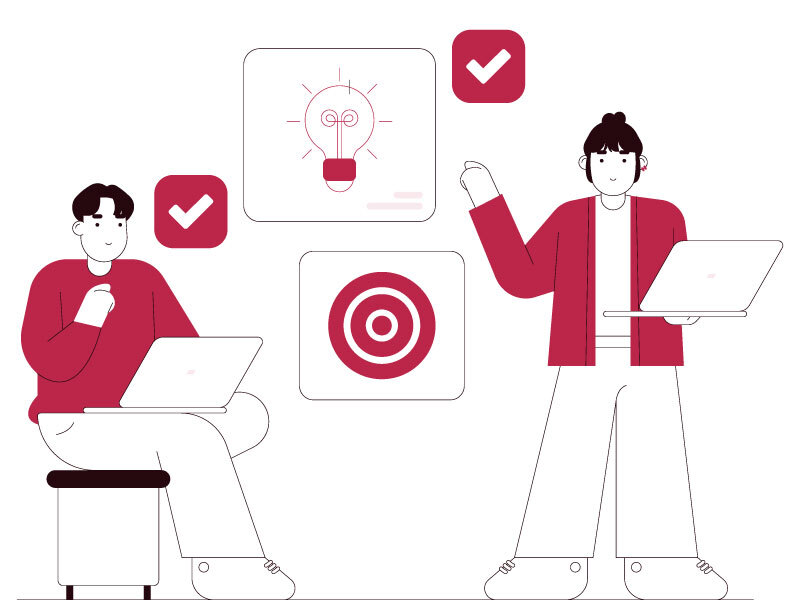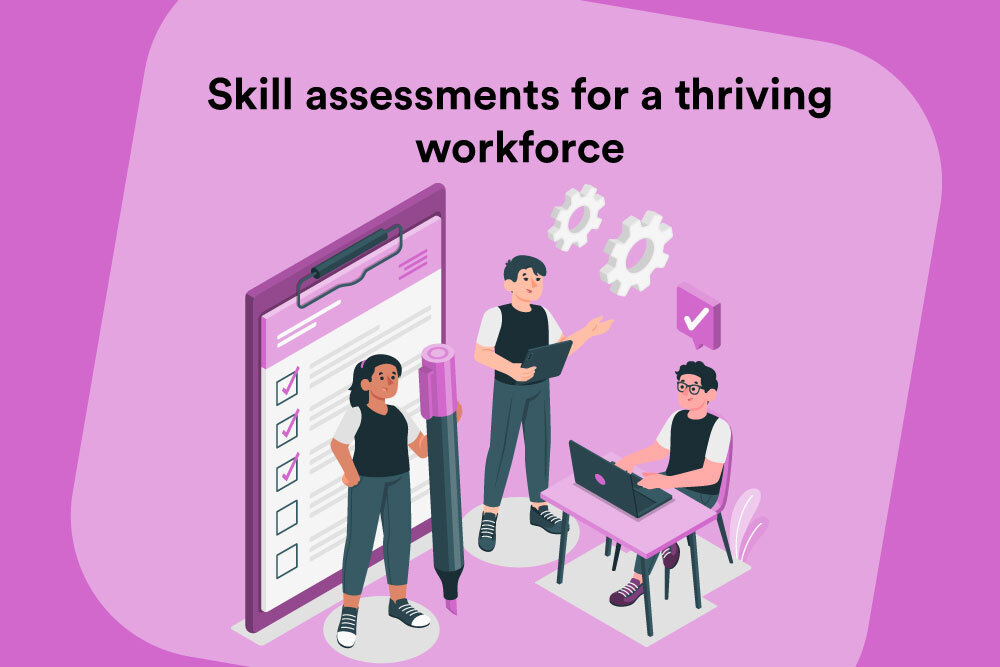Introduction:
In today’s dynamic workplace landscape, employee engagement plays a pivotal role in fostering productivity, driving performance, and maximizing retention. As organizations strive to create a culture of continuous learning and development, skill assessments emerge as powerful tools for enhancing employee engagement and talent retention. In this comprehensive guide, we’ll explore the significance of skill assessments in promoting employee engagement and uncover strategies for maximizing retention through effective assessment practices. From evaluating performance to fostering skill enhancement and employee development, we’ll delve into the transformative impact of skill assessments on workplace engagement and productivity.
Understanding Skill Assessments:
Skill assessments are systematic evaluations conducted to measure an individual’s proficiency in specific skills or competencies. These assessments can take various forms, including tests, quizzes, observations, and self-assessments. By identifying strengths, weaknesses, and areas for improvement, skill assessments provide valuable insights into an employee’s capabilities and development needs.

The Importance of Employee Engagement:
- Productivity: Engaged employees are more likely to be motivated, focused, and committed to their work, leading to increased productivity and performance levels in the workplace.
- Retention: Employees who feel engaged and valued are less likely to seek opportunities elsewhere, reducing turnover rates and increasing talent retention within the organization.
- Innovation: Engaged employees are more inclined to contribute ideas, collaborate with colleagues, and embrace change, driving innovation and creativity within the organization.

Leveraging Skill Assessments for Employee Engagement:
- Identifying Development Needs: Skill assessments enable organizations to identify individual and team-wide development needs, allowing them to tailor training and development initiatives to address specific skill gaps and enhance employee engagement.
- Setting Clear Expectations: By aligning skill assessments with performance expectations and organizational goals, employees gain clarity on what is expected of them and how their skills contribute to the overall success of the organization, fostering a sense of purpose and engagement in their work.
- Providing Feedback and Recognition: Skill assessments provide an opportunity for managers to provide constructive feedback and recognition to employees based on their performance, highlighting areas of strength and areas for improvement, and reinforcing positive behaviors that contribute to engagement and success.

Strategies for Maximizing Retention:
- Continuous Learning and Development: Offer employees opportunities for skill enhancement and professional growth through ongoing training programs, workshops, and mentoring initiatives, demonstrating a commitment to their long-term development and retention within the organization.
- Career Pathing and Progression: Create clear career paths and progression opportunities for employees, outlining potential advancement opportunities based on skill development and performance, and providing guidance and support to help them achieve their career goals within the organization.
- Employee Recognition and Rewards: Implement recognition and reward programs to acknowledge and celebrate employees’ achievements and contributions, reinforcing engagement and retention efforts and motivating employees to continue performing at their best.
Skill assessments are powerful tools for enhancing employee engagement, fostering skill enhancement, and maximizing retention within organizations. By leveraging skill assessments effectively, organizations can identify development needs, set clear expectations, and provide opportunities for continuous learning and development, ultimately creating a culture of engagement and success in the workplace. As organizations continue to prioritize employee engagement and retention, skill assessments will play an increasingly vital role in driving performance, productivity, and long-term success.










